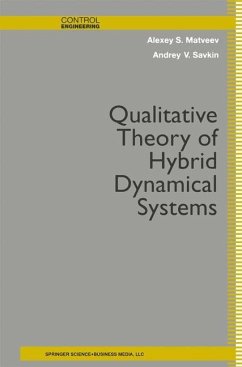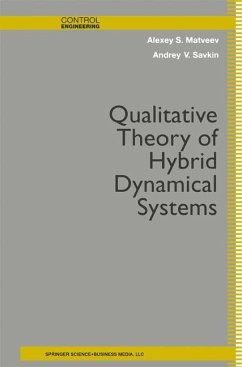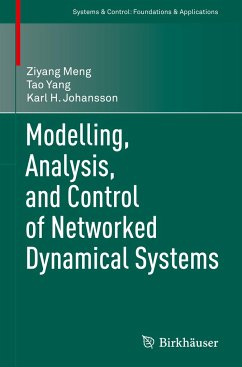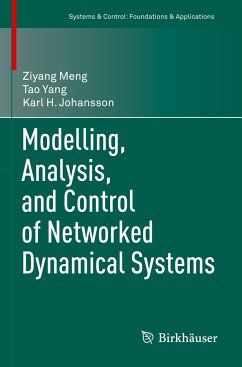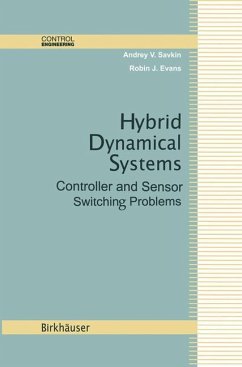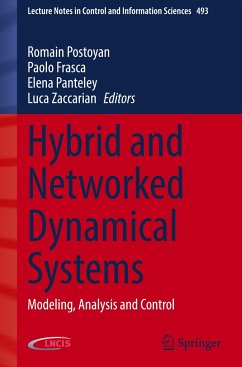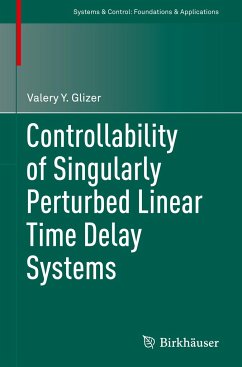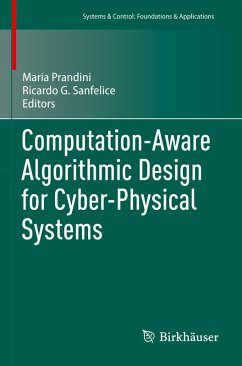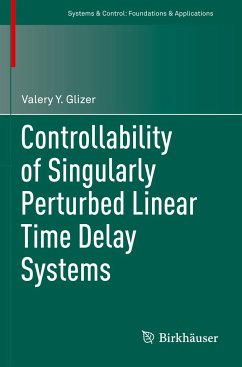
Optimization of Dynamical Systems with Impulse Controls and Shocks

PAYBACK Punkte
69 °P sammeln!
This text explores the state-of-the-art in the rapidly developing theory of impulse control and introduces the theory of singular space-time transformations, a new method for studying shock mechanical systems. Two approaches in the theory of impulse control are presented: The first, more traditional approach defines the impulsive action as a discontinuity of phase coordinates depending on the current time, the state preceding the action, and its magnitude. The second requires the use of modern methods for describing dynamical systems - differential equations with measures. The impulse is treat...
This text explores the state-of-the-art in the rapidly developing theory of impulse control and introduces the theory of singular space-time transformations, a new method for studying shock mechanical systems. Two approaches in the theory of impulse control are presented: The first, more traditional approach defines the impulsive action as a discontinuity of phase coordinates depending on the current time, the state preceding the action, and its magnitude. The second requires the use of modern methods for describing dynamical systems - differential equations with measures. The impulse is treated as an idealization of a very short action of high magnitude, which produces an almost abrupt change of phase coordinates. The relation between these two approaches is also discussed, and several applications, both traditional and emerging, are considered.
This text is intended for graduate students and researchers in control engineering and optimal control theory for dynamical systems. Readers are assumed to be familiar with the theory of ODEs, optimal control, and functional analysis, though an appendix is included that covers many of the necessary mathematical concepts.
This text is intended for graduate students and researchers in control engineering and optimal control theory for dynamical systems. Readers are assumed to be familiar with the theory of ODEs, optimal control, and functional analysis, though an appendix is included that covers many of the necessary mathematical concepts.





